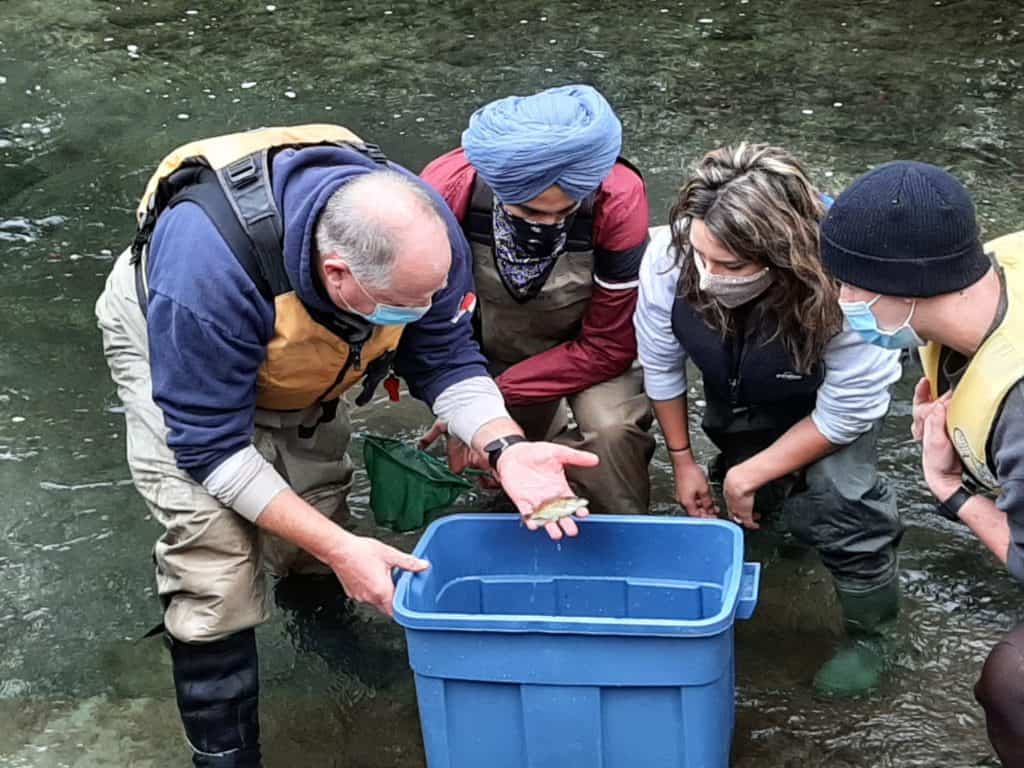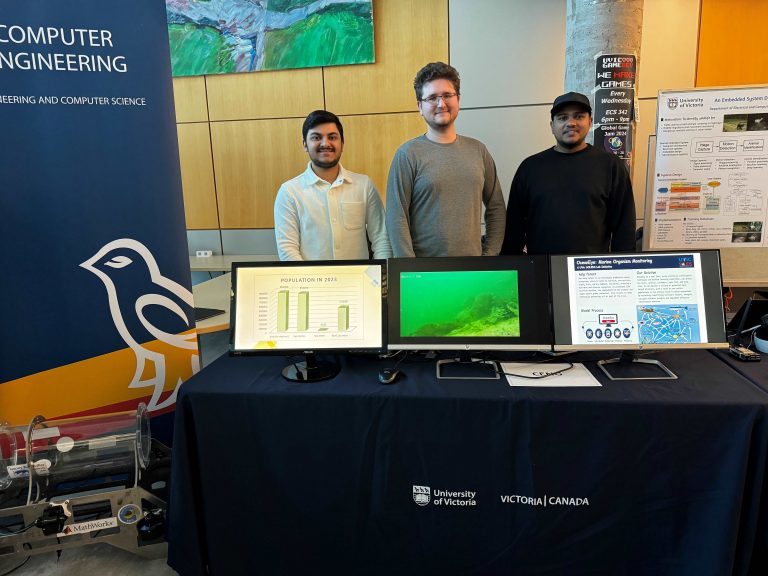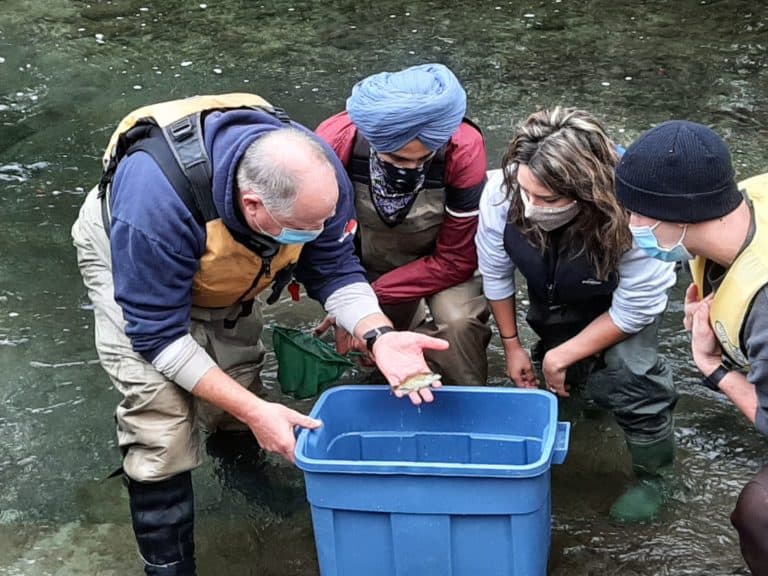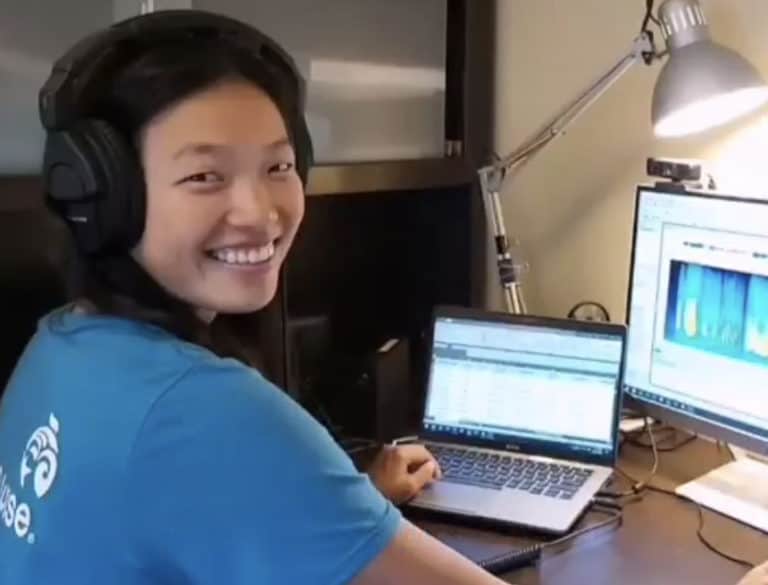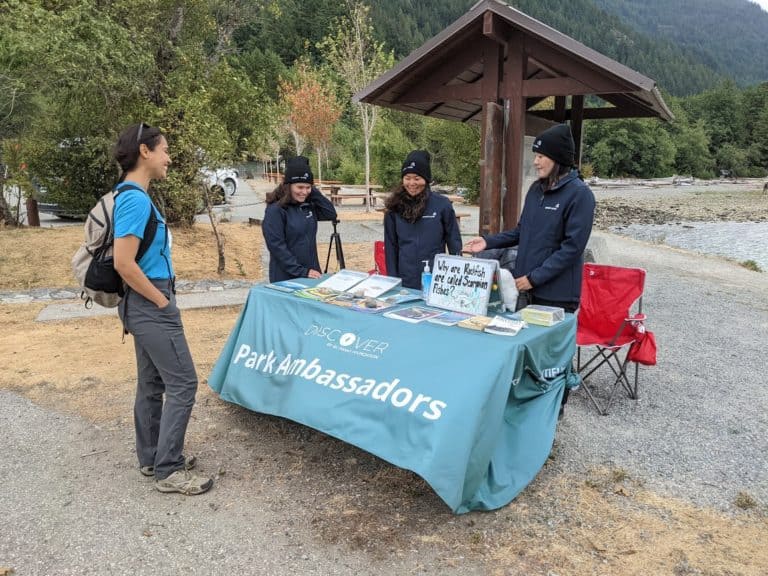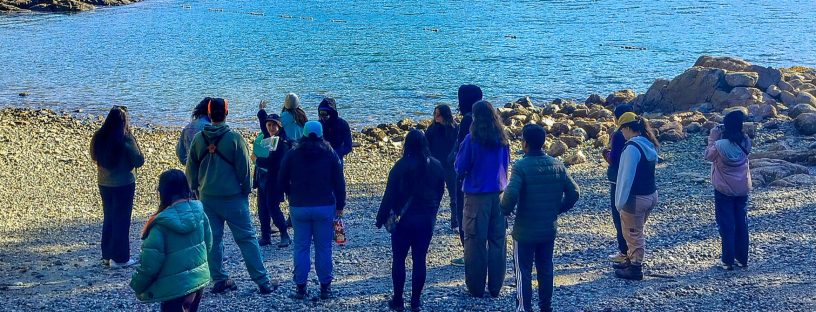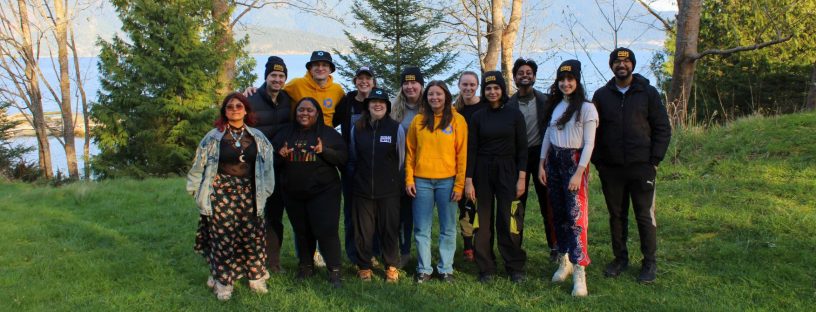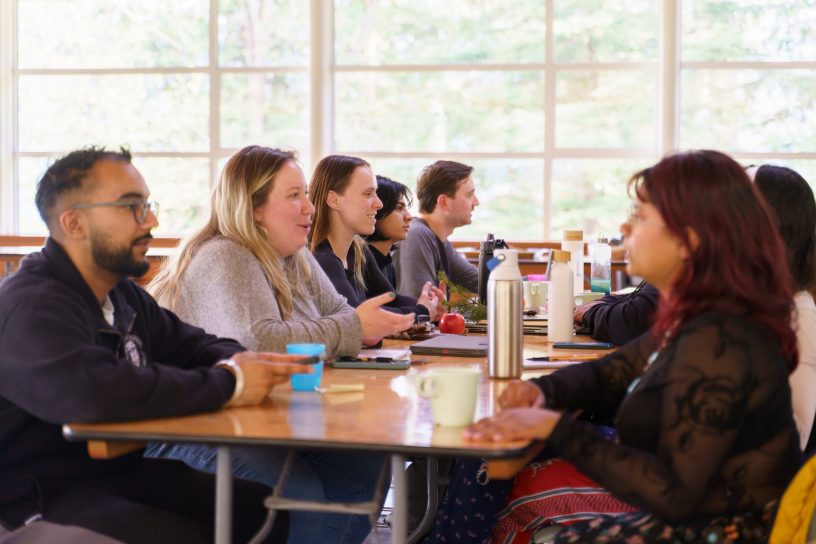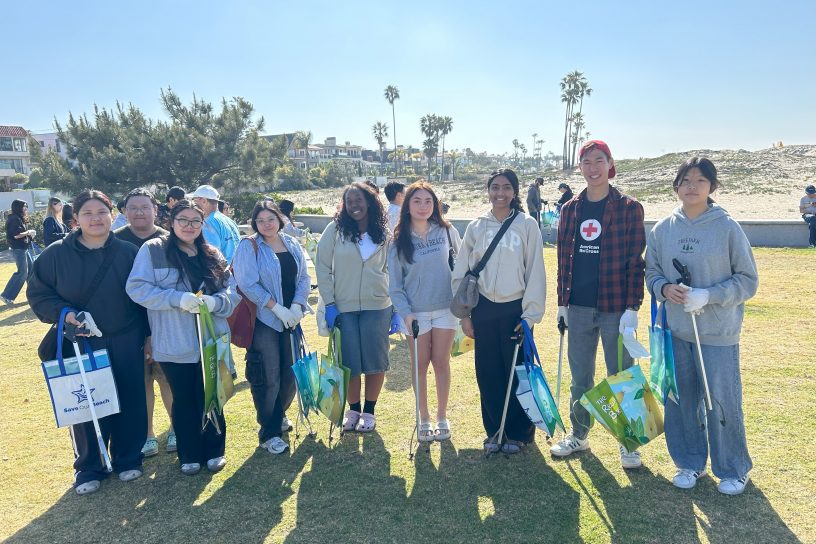Act Like A Scientist: Ocean Pathways Ambassador Navigates Marine Biology in the Heart of Manitoba
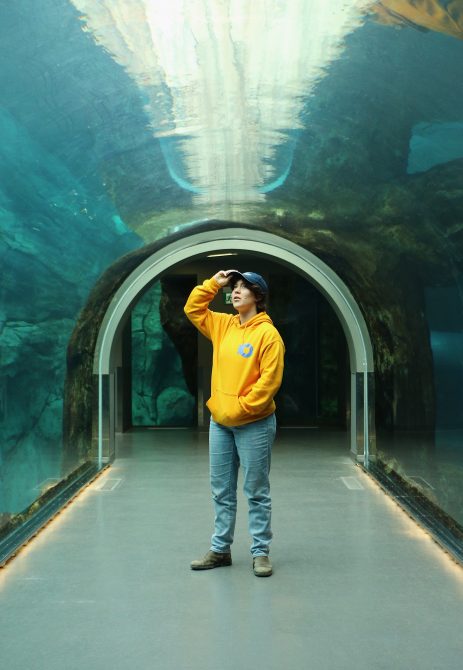
Ferris Kerr (they/he) is an Ocean Wise Youth to Sea, Ocean Bridge, and Ocean Pathways alumni. Originally from Vancouver, they now live in Halifax studying marine biology and science communications. Aside from focusing on education and marine life, Ferris is a graphic artist, photographer and frequent vinyl store enthusiast. You can find them and their work at their website or at your nearest tide pool. In this piece, Ferris recounts their experience at the Assiniboine Park Conservancy as part of their Ocean Pathway’s placement.
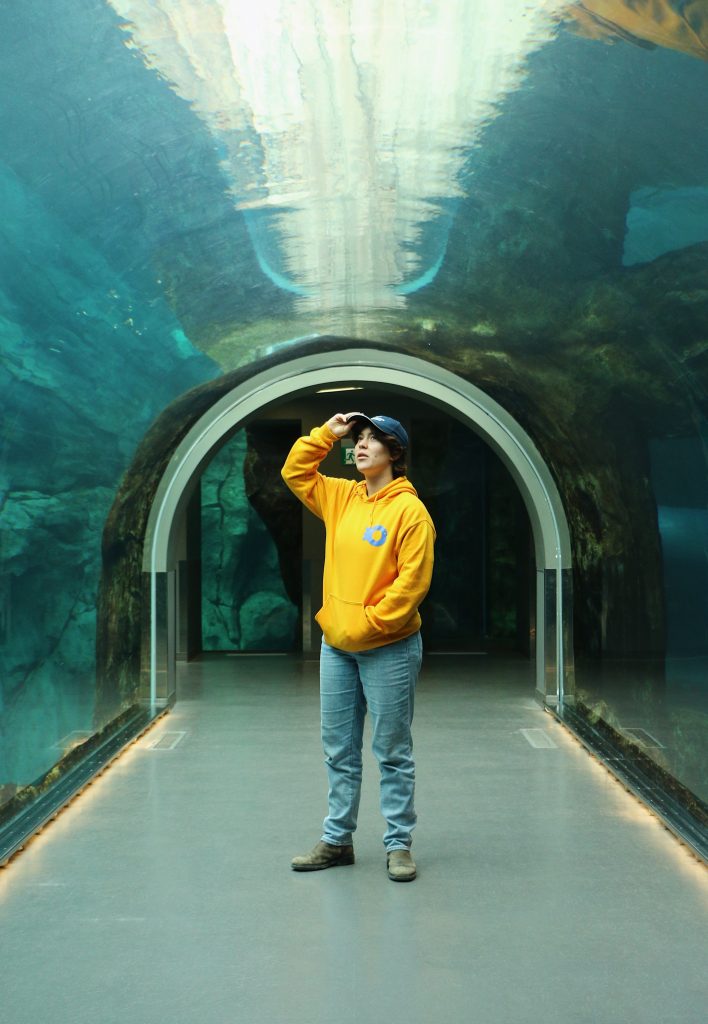
October 16th, To-Do List:
- Pick up three dead birds in front of the south polar bear exhibit window
- Take some photos of kangaroos
- Use the VR headset for an hour and test the footage
- Chat with hundreds of virtual volunteers on Zooniverse
- Throw an underwater camera in a few light conditions
- Help out with DNA tests on the butterflies
- Check on Star and Agee, our non-public polar bears
Welcome to the APC, or Assiniboine Park Conservancy, where I’ve been gifted the opportunity to babysit butterflies and code virtual reality goggles on the same day. Here, you start your mornings off with a long walk around the zoo, watching groggy snow leopards and wolves wake up for the day. You have lunch watching polar bears snack on pumpkins and staff runs around with buckets of fish. You leave the park with the sunset glinting on the leaves and the birds of prey settling down for the evening. Working at a zoo is fascinating; it is a packed ecosystem made from concrete and murals and imported plants. You can explore Asia a few meters away from the rainforest, yet the moment you walk out of the park you are reminded where you really stand. Welcome to Winnipeg, Manitoba, a mainly landlocked province, where I’ve been gifted the opportunity to figure out how to be a marine biologist with no ocean in sight.
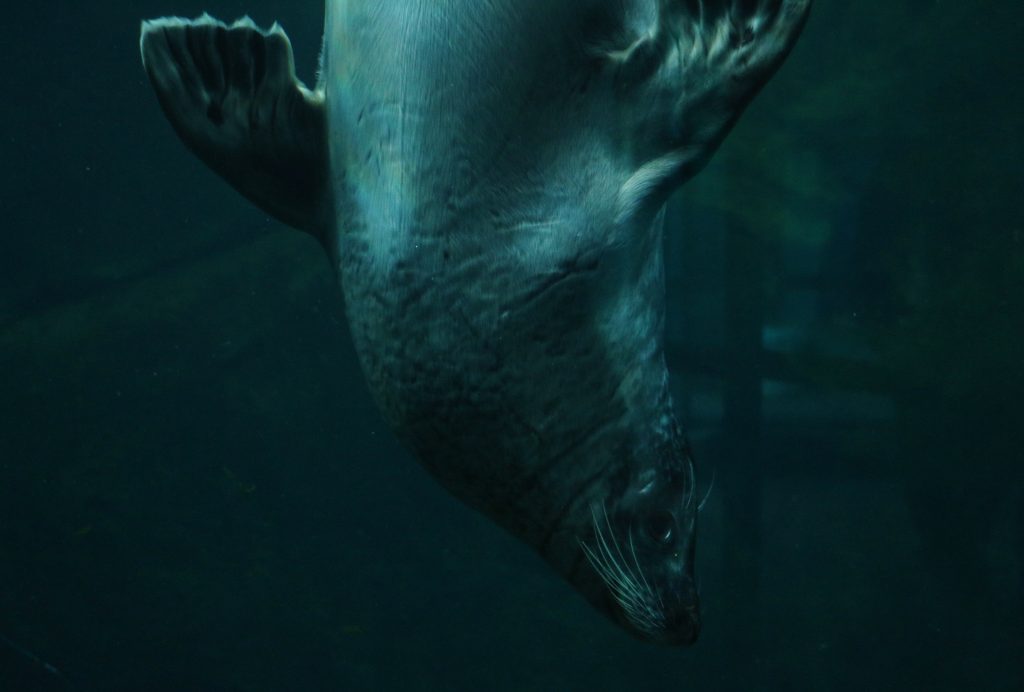
For the past few months, I have been focusing my efforts on the Beluga Bits project, a citizen-science-based project set on gathering data on the Churchill Beluga whales who summer in the Churchill River and estuary. During July and August, the APC team boats around up North filming 360 footage of beluga pods travelling the coastline. This footage is live-streamed, then captured by screenshot and uploaded through an Artificial Intelligence that removes any empty images. The beluga photos are then sorted into workflows by virtual volunteers on Zooniverse where information on pod sizes, sex identification, or scars and marks is compartmentalized and utilized by cetacean experts and students around the world.
My work surrounds the capturing and distribution of said data. Whether it be simply uploading new footage to the workflows, or producing a VR platform for our highlight channel, the projects over my three month placement have varied in style and size. One larger undertaking has been the re-innovation of APC’s underwater 360 camera system. As a photographer and a researcher, my goal was to gain equal parts information and clarity in the footage. To accomplish that, I needed to understand the equipment. To understand, I needed to test. To test, I needed an ocean.
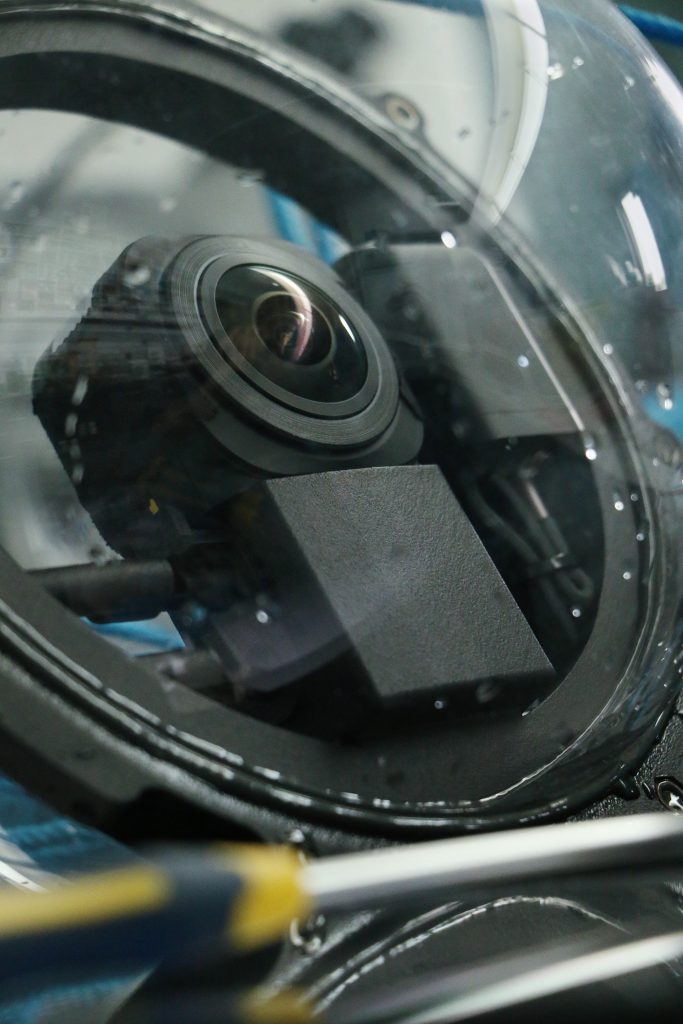
Finding myself isolated from the coast has come with a few notable issues; firstly, there is the obvious lack of environment for experimentation and examination, and secondly, the absolute disconnect from the ecosystem that fuels my love for marine life. My scientific passion lies within tide pools and across mountainous waves. I am at my most innovative and analytical when near saltwater. However, while surrounded by prairie roads and storm clouds, I find myself truly acting like a scientist for the first time. Being apart from a territory that gives way to so much scientific opportunity means re-calibrating how I value experimentation and marine biology. Using buckets, aquarium pools, tape, rope, and a flashlight, I attempted to find the fix for both the absence of the ocean and my absence of scientific understanding.
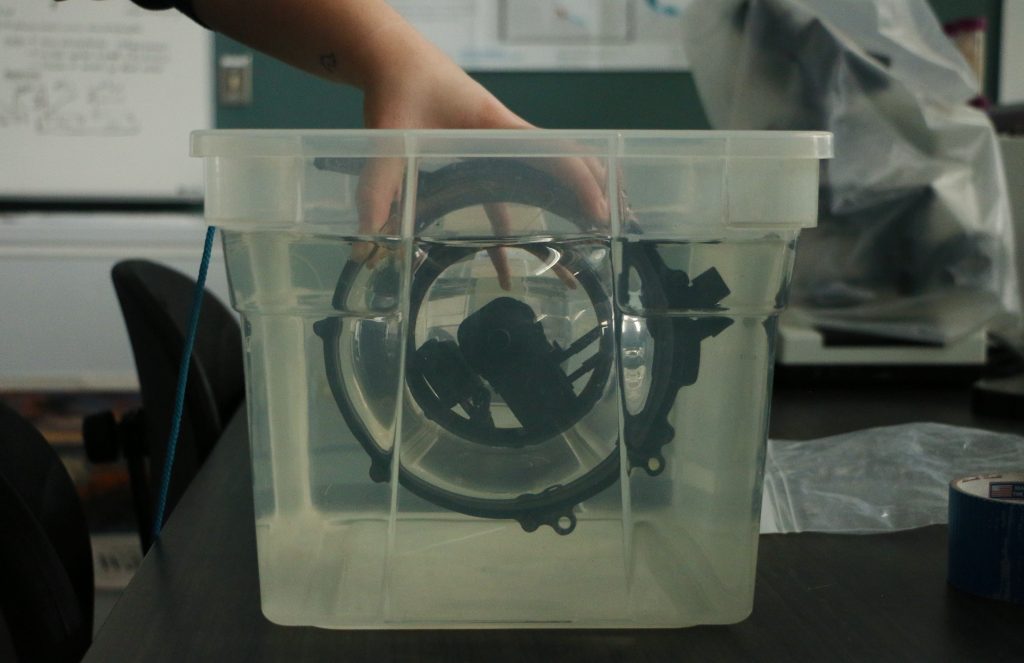
To act like a scientist is to reach for the unknown and what is unheard of. By working as a marine biologist with no sea in sight, I’ve been forced to rethink what it means to be a scientist. Inviting the uncomfortable and valuing it as a coworker ensures possibility at every turn. Innovation and passion make science honest and human, no matter the environment.
If you’d like to join the APC team and the virtual volunteers on Zooniverse, check out https://www.zooniverse.org/projects/stephenresearch/beluga-bits. To learn more about the APC, check out https://www.assiniboinepark.ca/.
Posted November 29, 2023 by Ocean Wise
